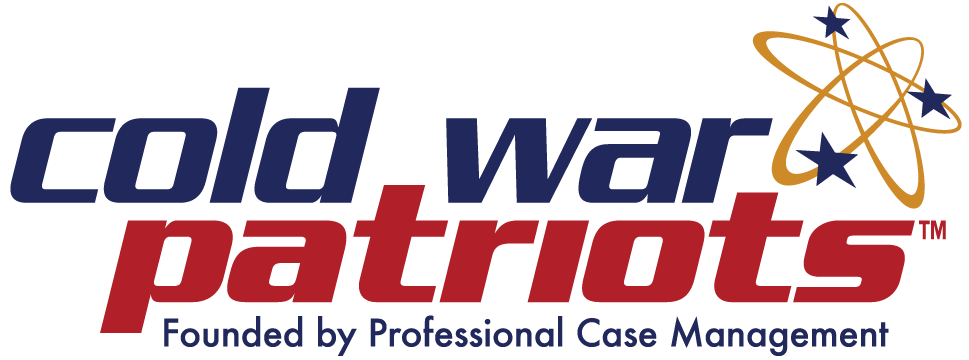
CWP Blog | CWP
Talk to Terrie: DOL Responds to the 2020 Ombudsman’s Report
February 16, 2022
February 16, 2022
CWP
CWP Blog
The Department of Labor’s Office of Workers’ Compensation Programs’ (OWCP) response to the 2020 Ombudsman’s Report to Congress is in.
I was once asked how I could possibly read so many government documents and reports. Aren’t they boring? I must admit that reading some of the more technical documents such as the ones the National Institute for Occupational Safety and Health puts out are often beyond ability to comprehend especially when I read something like this,
“Dose reconstructors should use the default 5-µm AMAD particle size (NIOSH 2002) except for fire incidents, in which a 1-µm AMAD should be assumed for consistency with Section 5.2.1.2 above.”
Usually, though, the documents I read contain some valuable information for the claimants and their advocates.
Claimants approved under the Energy Employees Occupational Illness Compensation Program (EEOICP) probably remember the rough start two years ago when OWCP contracted with a new company, CNSI, to handle the medical billing services. Claimants received multiple white cards over a period of 4 months or so. That issue was noted in the Ombudsman’s report. OWCP acknowledged the problem and explained that they met with the contractor’s leadership team and stressed that CNSI needs to ensure that their staff is adequately trained and understand the differences between the EEOICP program and the other compensation programs OWCP administers.
This is the new information that was provided in the response. Some of you may know that the Resource Center (RC) can assist claimants with medical billing issues. In 2020 the RCs,
- Processed 1,957 Medical Reimbursement Forms
- Assisted 3,757 claimants who had questions about the reimbursement.
- Assisted 223 medical providers with the enrollment process.
- Addressed 18,889 billing issues.
Like I said, it was a rough start. Kudos to the staff of the Resource Centers for helping the claimants and providers during this transition.
OWCP’s response also contained other pieces of helpful information:
- OWCP’s Division of Administration and Operations (DAO) is responsible for overseeing the CNSI contract. “When updates occur, or there are questions about coding, DEEOIC has worked closely with DAO, the medical bill processing contractor, the provider, and/or the claimant to identify, explain, and help resolve bills that were denied payment due to improper codes, and will continue to do so.” Vincent Alvarez is the DAO Director.
- OWCP noted that sometimes OWCP/DEEOIC finds it difficult to work directly with medical providers because providers sometimes do not provide a name of an individual and their direct telephone number. This makes it difficult to leave a message with the billing coordinator and work out the problems.
- OWCP confirms that the DEEOIC Medical Officer is no longer involved with the impairment claim process. DEEOIC will now rely on Contract Medical Consultants (CMCs) for impairment evaluations and to help resolve disputes concerning impairment evaluations provided by an independent physician.
I have found that it is worth reading government documents and sharing any new nuggets of information with Cold War Patriots members.
